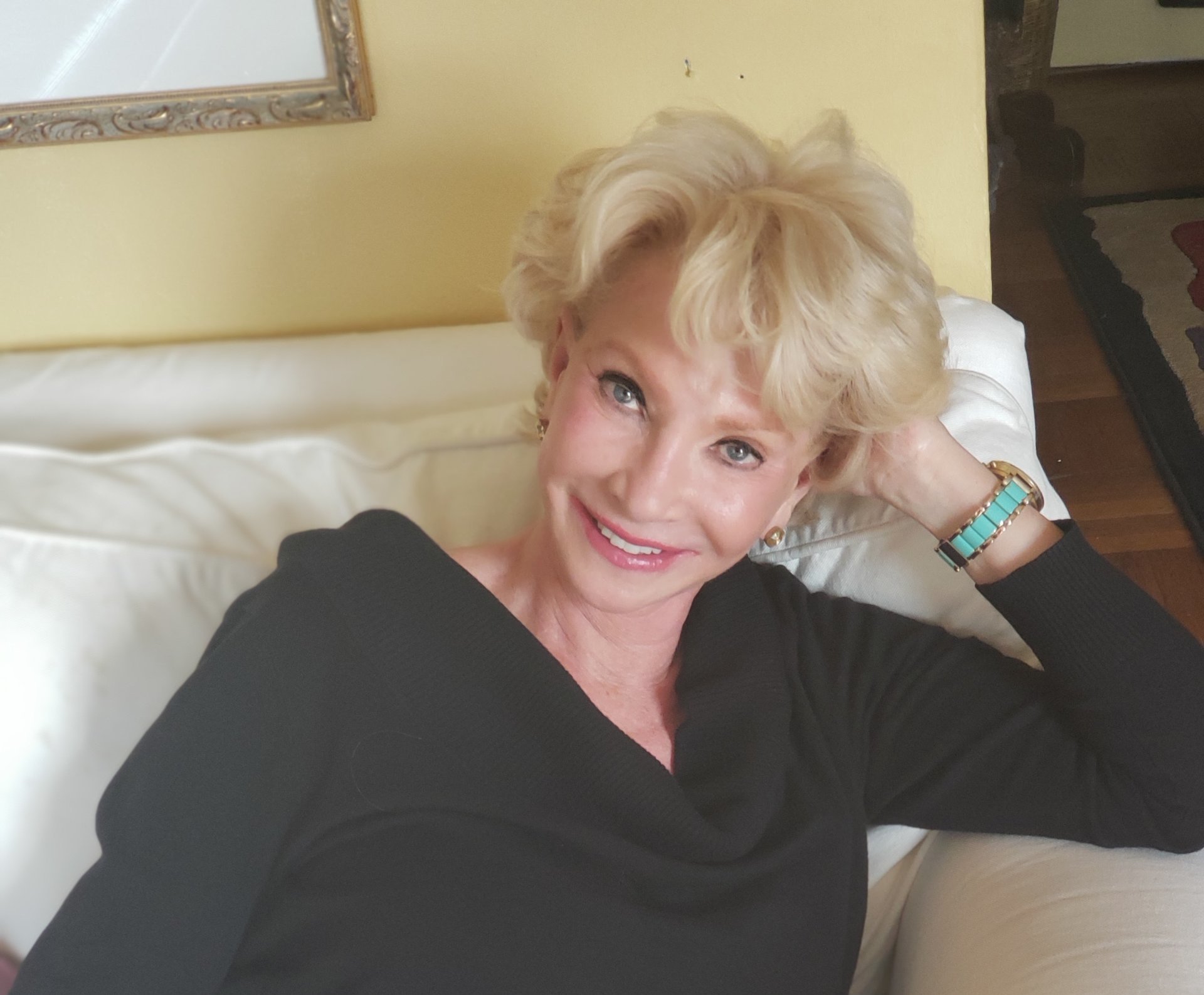Ask Beatty: A Unique Approach to Effective Marriage Counseling

Many people believe that successful marriage counseling is a “hit and miss” proposition. As a practicing psychotherapist and sex therapist with over 35 years of clinical experience, specializing in the area of couples counseling, I believe that the majority of couples I have treated have had successful outcomes, largely because of my unique methodology.
MARRIGE COUNSELING MYTHS
There is a false belief among many patients and therapists who maintain that improving a couple’s communication and problem-solving skills will automatically mend a broken relationship. No one would disagree that effective emotional communication and conflict resolution skills are necessary if one is to enjoy a happy and healthy relationship. However, I have found that there are two other steps that need to take place BEFORE one is able to focus on helping couples hone their communication skills.
First, a thorough assessment of the relationship needs to take place. This assessment, in my professional opinion, cannot be done in 45 or 50 minutes. In fact, I have real issues with therapists’ 45- or 50-minute therapeutic hour, be it for marriage counseling or individual therapy. By the time people say hello, get reasonably comfortable and pay their bill, they are left with little time to really delve into their issues before the therapist announces that your time is up. I have found that long sessions — lasting anywhere from two to four consecutive hours — in the beginning of couple’s therapy give the couple and the therapist the necessary time, information and momentum to be able to grasp what the issues are that need to be acknowledged, addressed and resolved.
THE COUPLE’S ASSESSMENT: Issues to be Explored
In the beginning of relationships, most people have stars in their eyes, seeing the other as someone who could do no wrong. Despite the fact that we can’t change history, it is very important for the couple and the therapist to identify, understand, discuss and emotionally work through what went wrong and what event(s) and/or behaviors caused the couple to get off track.
Was it the birth of the first or second child? Was the couple experiencing financial or job-related challenges? Did one or both have physical, emotional or psychiatric problems that changed the dynamics of the relationship? Was there a death or illness in the family? Did sex become a problem? Or did the couple simply grow apart?
In exploring issues, many couples I’ve worked with began to tearfully acknowledge that there simply was never a solid foundation to begin with. They moved forward with their relationship by consciously or unconsciously ignoring a number of red flags that may have included such behaviors as verbal, physical and sexual abuse, substance abuse of various kinds, lack of chemistry, poor or non-existent communication and problem-solving skills and a diametrically different set of values, goals, hopes, dreams and lifestyle.
THE INDIVIDUAL ASSESSMENTS
I then meet with each person individually. I need to know about his/her family history, skeletons in the closet, including possible depression, anxiety, early child sexual abuse, substance abuse and possible sexual orientation or gender issues. I also need to find out whether one or both are involved in extramarital affairs. Naturally, these individual sessions are completely confidential. In the case of extramarital affairs, I would never begin couple’s counseling until that issue was resolved. Namely, the affair would have to end before couples counseling would begin.
If I determine that one or both partners have significant psychological or psychiatric problems, these need to be dealt with first on an individual basis. It is simply not possible to successfully treat the couple’s various problems when one or both individuals are suffering from their own unfinished business or as I call them, “skeletons in their closet.” Focusing on a couple’s issues without having a clear and in-depth understanding of how each person’s problems may be contributing to or even causing the couple’s difficulties, is one major reason why marriage counseling so often fails.
I typically do both the individual and couples therapy. Nearly every couple I have treated where individual work was indicated chose not to be referred to another therapist. This enables me to oversee the entire process and help both the individual and couple navigate separately and together — an often complicated and difficult terrain. If one or both did want their own individual therapist and I felt their individual issues were too severe, it would be unproductive for marriage counseling to proceed. The marriage counseling would then be put on hold until each was more stable.
In my next “Ask Beatty” column, I will focus on what goes on behind closed doors when couples counseling begins.
Beatty Cohan, MSW, LCSW, AASECT is a nationally recognized psychotherapist, sex therapist, author of For Better for Worse Forever: Discover the Path to Lasting Love, columnist, national speaker, national radio and television expert guest and host of The Ask Beatty Show on the Progressive Radio Network. She has a private practice in New York City and East Hampton.
Beatty would love to hear from you and welcomes your questions and comments. Email her at BeattyCohan.msw@gmail.com or visit BeattyCohan.com for more information.




